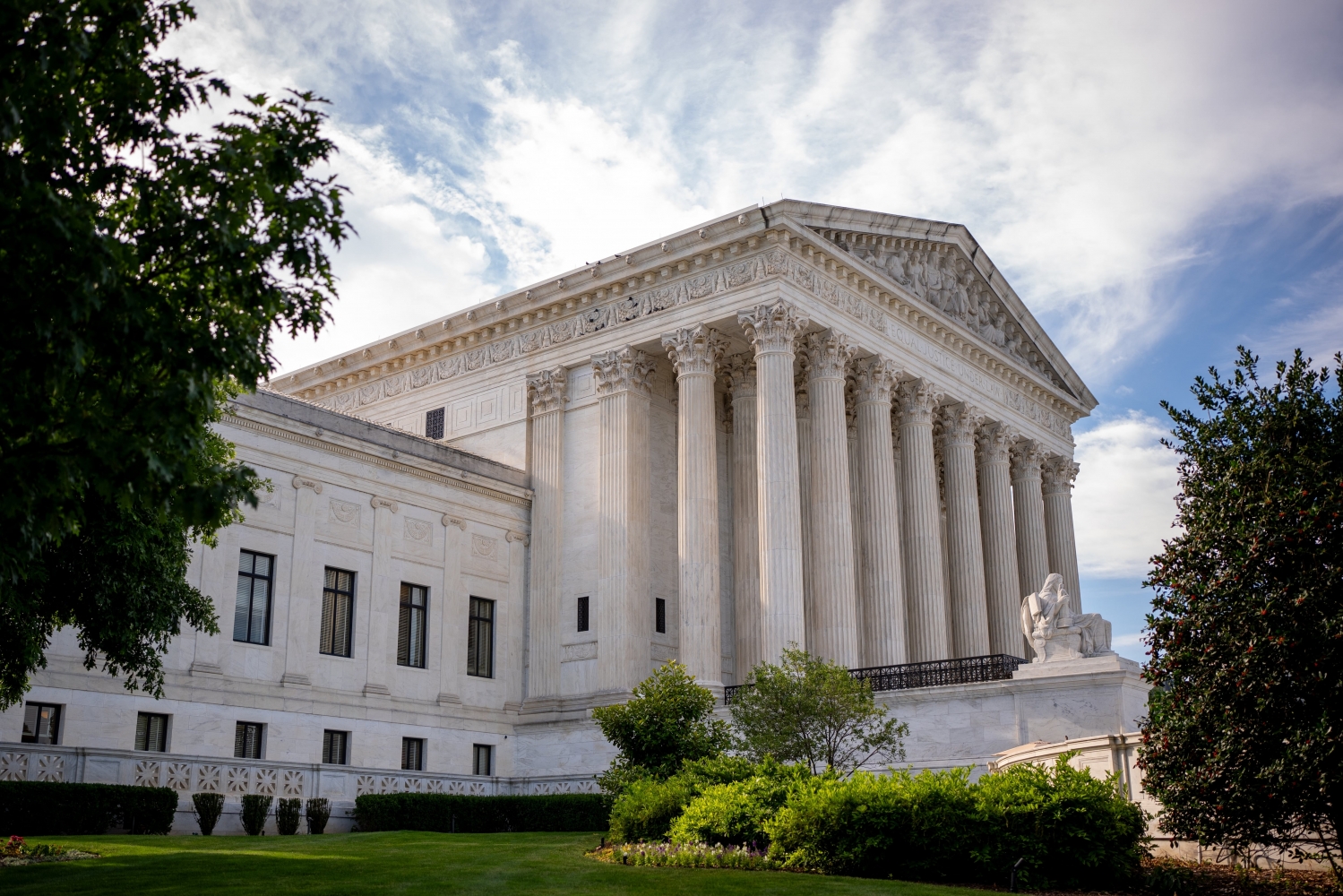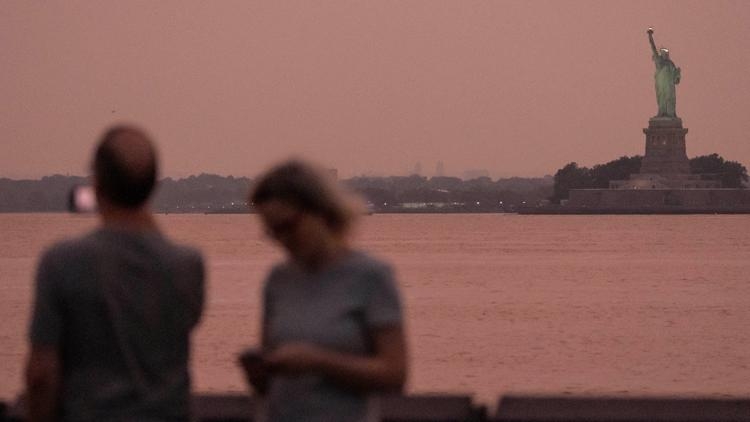

Published on: 08/14/2025
This news was posted by Oregon Today News
Description

The Supreme Court on Thursday refused to intervene on a lower court decision that affirmed a Mississippi law requiring users to verify their ages before using social media sites such as Facebook, Instagram, and Snapchat.
Justice Brett Kavanaugh, concurred with that order, but wrote: “In short, under this Court’s case law as it currently stands, the Mississippi law is likely unconstitutional. Nonetheless, because NetChoice has not sufficiently demonstrated that the balance of harms and equities favors it at this time, I concur in the Court’s denial of the application for interim relief.”
The Mississippi law is far broader than a Supreme Court ruling just weeks ago that a Texas law mandating age verification to access websites with sexually explicit material. Writing for the court’s conservative supermajority, in June, Justice Clarence Thomas held that requiring adults to verify their age prior to using sexually explicit sites did not violate the First Amendment’s Free Speech Clause because it is important to shield “children from sexually explicit content.”
In contrast, the Mississippi law requires all users to verify their ages before using common social media sites ranging from Facebook to Nextdoor, a social media site that connects people to their nearby neighbors.
In addition to the age verification rule, the Mississippi law requires social media websites to work to prevent children from accessing “harmful materials” and prohibits minors from using social media websites, such as Instagram and Youtube, without parental consent.
NetChoice, a tech industry association committed to “protecting online freedom” sued, arguing that the law unconstitutionally restricted nine of its member websites: websites mentioned above, including Facebook, Instagram, and YouTube.
Netchoice argues that the law violates the First Amendment’s guarantee of free speech without governmental interference. The “monitoring-and-censorship requirements for vague categories of speech,” Netchoice argued, limits individuals’ access to important information ranging from university professors’ online lectures, to statements from political leaders, and other creative content.
Though it is within parents’ interests to protect their children from harmful content, said NetChoice, there are other tools—such as web browser parental controls—that parents can use to regulate their children’s online use.
A district court agreed with Netchoice, temporarily stopping the Mississippi law from going into effect while proceedings continued in the lower courts. But, the conservative Fifth Circuit Court of Appeals lifted the temporary block, without addressing whether or not the law violates the First Amendment.
And Thursday, the Supreme Court refused to block the Fifth Circuit’s decision, allowing at least temporarily, for the Mississippi law to go into effect.
News Source : https://www.opb.org/article/2025/08/14/supreme-court-allows-mississippi-social-media-law-to-go-into-effect/
Other Related News
08/14/2025
Only one of the four new investments was big enough to ensure that legendary investor Warr...
08/14/2025
A Seattle woman is charged with murder in the killing of a US Border Patrol agent and may ...
08/14/2025
The proposed sale of the Trail Blazers to Texas billionaire Tom Dundon sparked a new round...
08/14/2025
EUGENE On an Oregon roster filled with unproven talent Jerry Mixon is unique among the pl...
08/14/2025










